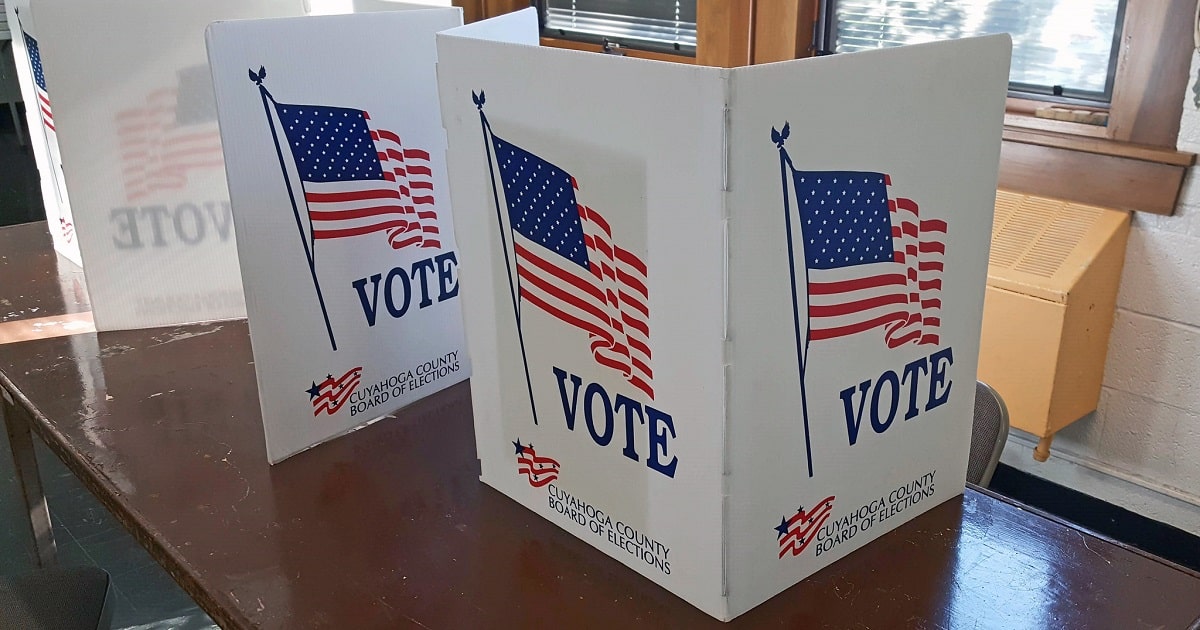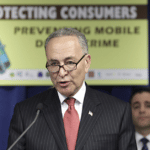



Hollywood icon Jane Fonda has unleashed a fiery critique of Democratic Party leaders, calling their efforts woefully inadequate while pointing a sharp finger at President Trump for what she sees as authoritarian tendencies.
Breitbart reported that during a recent appearance on CNN, Fonda didn’t hold back, slamming both the current Democratic leadership and Trump in a bold display of frustration, while also announcing the revival of a historic free speech advocacy group.
Fonda’s primary grievance with Democrat leaders is clear: she believes they’re simply not up to the task. Her blunt assessment of their performance as “not good enough” suggests a deep disillusionment with the party’s ability to counter what she perceives as dangerous political trends.
It’s a jab that stings, especially for a party often seen as Hollywood’s darling, but perhaps it’s a wake-up call they need.
Beyond her criticism of Democrats, Fonda turned her ire toward President Trump, accusing him of authoritarian behavior. She painted a grim picture of a leader amassing power in ways she believes threaten democratic principles.
While conservatives might argue that Trump’s policies prioritize order and national strength, Fonda’s rhetoric aims to rally opposition with a sense of urgency.
She didn’t stop at accusations, though, invoking history as a warning. “No president has ever sent troops into the Democratic cities across the country saying full force,” she claimed on CNN, framing Trump’s actions as unprecedented overreach.
From a right-leaning view, this could be seen as dramatic hyperbole—after all, federal intervention in cities often stems from genuine concerns over lawlessness, not dictatorship.
Adding to her critique, Fonda is spearheading the relaunch of the Committee for the First Amendment, a group originally formed in the 1940s to fight the blacklisting of artists during the McCarthy era.
Inspired by her father, Henry Fonda, who was an original member, she’s positioning this revival as a stand against what she calls modern-day repression. It’s a noble nod to history, though skeptics might question whether today’s cultural battles truly mirror the censorship of that time.
Fonda’s motivation seems deeply personal, rooted in her family’s legacy of defending free expression. She’s framing this fight as a creative one, urging artists and storytellers to push back against what she sees as a coordinated effort to silence dissent. While her passion is evident, one wonders if this approach risks turning complex policy debates into theatrical showdowns.
In a previous statement, Fonda called for solidarity among artists and Americans who value the First Amendment. Her words carry a defiant tone, emphasizing unity in the face of perceived threats to free speech.
She’s not just relying on rhetoric, though—Fonda is putting her money where her mouth is. Through a climate-focused political action committee, she’s working to elect candidates nationwide, driven by her belief that current leaders aren’t stepping up. It’s a pragmatic move, though some might see it as an attempt to bypass the messy work of reforming a party from within.
Fonda’s frustration with Democrat leadership isn’t subtle—she’s openly expressed little hope in their ability to address critical issues.
Her push to “change the people” if they won’t change themselves is a clever quip, but it also highlights a deeper conservative critique: why trust a party that even its own supporters find lacking?
Her accusations against Trump, meanwhile, are heavy with alarmist language, claiming he’s undermining democracy itself. While her concern may stem from genuine fear, a balanced view might suggest that strong executive action isn’t always authoritarian—it can also be a response to crises that demand decisive leadership. The debate over where that line lies remains open.
Fonda’s vision for the Committee for the First Amendment includes a blend of serious activism and lighthearted engagement. She’s promised that the group will “have fun” while standing firm, a tone that might appeal to younger creatives but could risk trivializing the stakes for those who see policy, not performance, as the real battleground.
At its core, Fonda’s message is one of resistance—against both a political party she finds ineffective and a president she views as dangerous.
Her call to defend free expression is one that many, regardless of political stripe, can appreciate, even if they disagree on the source of the threat. It’s a reminder that the First Amendment remains a unifying ideal, even in divisive times.
Yet, her approach raises questions about whether Hollywood’s elite can truly bridge the gap with everyday Americans. While her climate PAC and revived committee show initiative, they also reflect a reliance on top-down influence rather than grassroots change.
For conservatives, this might reinforce the notion that cultural elites are more about signaling virtue than solving problems.



